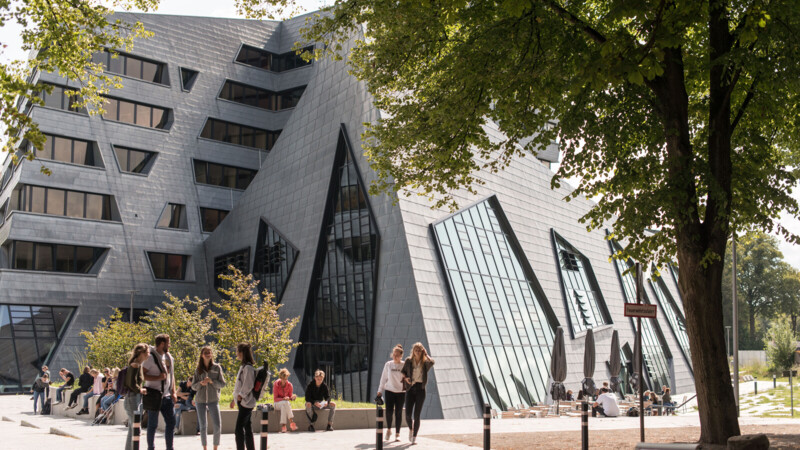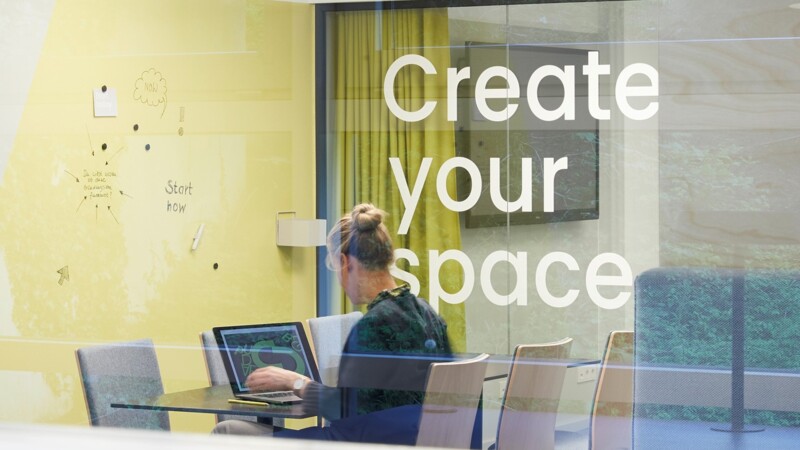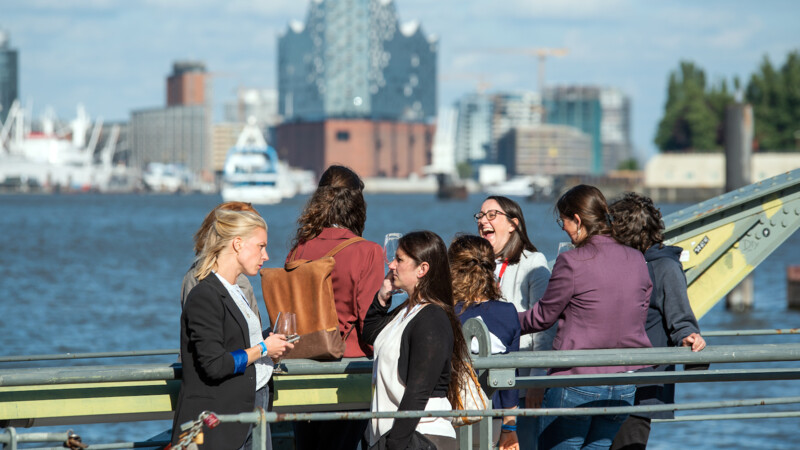Although emphasis is on the food, life sciences, smart city and logistics sectors, Gateway49 is also open to ideas such as 3D printing, artificial intelligence, cloud computing, Internet of Things, big data or robotics. "We focus on the major clusters in Lübeck. We can offer the start-ups access to the largest possible pool of companies and thus to potential customers or financiers," said Schröder-Oeynhausen. Those who qualify for the scheme go through a nine-month structured workshop and training, gain access to co-working spaces and receive assistance building a prototype in the FabLab Lübeck. Up to 15 teams receive backing every year. Early phase start-ups receive grants of EUR 30,000.
Lübeck’s Gateway49 Accelerator, launched in 2020, has led to a whole series of successful start-ups e.g., a mobile blood analysis laboratory for the emergency services, AI-based feed-in forecasts for renewable energies or a clever system for watering trees and greenery in urban areas. Dr Frank Schröder-Oeynhausen, Managing Director of the Lübeck Technology Centre (TZL), a joint venture to boost innovation, knowledge transfer and start-ups, launched Gateway49 Accelerator with Stefan Stengel, and is enthusiastic about the results so far. He commented: "The TZL has been an incubator for new business ideas for 36 years. The Gateway49 Accelerator allows us to focus on young founders. The blueprint for this comes from Stefan Stengel, who has already set up several international accelerators and successfully accompanied over a hundred digital start-ups."
Workshops, coaching and EUR 30,000
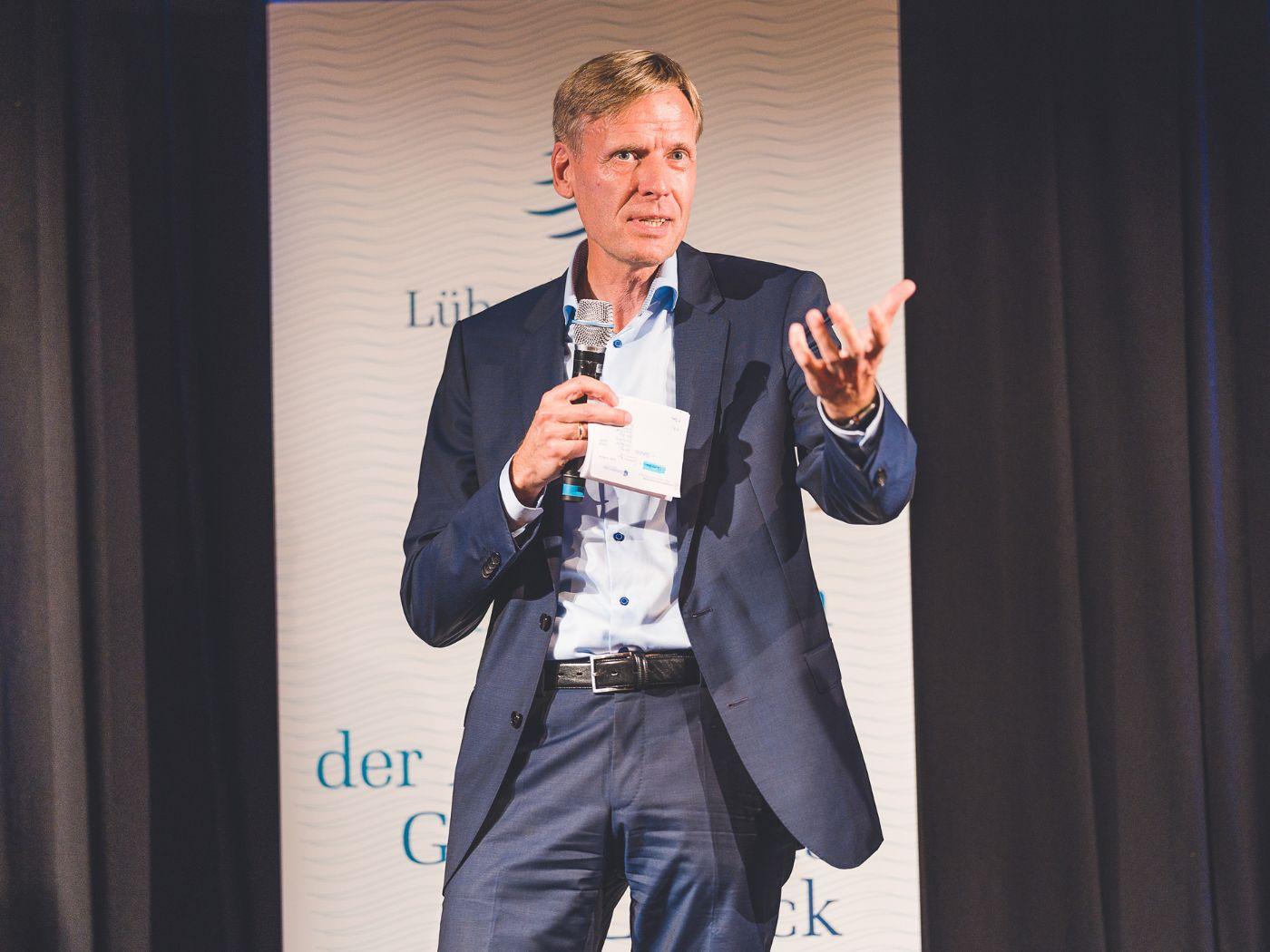
New "Early or Later Stage" schemes
"The teams of founders do not have to give up shares in their company to receive money. They are entirely independent. The EUR 30,000 are not enough to bring the start-up up to market maturity, but suffice to build a prototype," he stressed. The scheme is divided into three phases during which the business model is continuously developed and tested through pitches. "All of this prepares them for the big demo day on which start-ups pitch to potential funders." This year, the Gateway49 Accelerator is divided into an Early Stage and Later Stage. Advanced start-ups do not receive any money, but benefit from the network that has emerged from TZL's many years of work. "We have found that the very early phase start-ups need basic support with developing a viable business model while 'advanced' start-ups need the support of mentors and coaches," said Schröder-Oeynhausen.
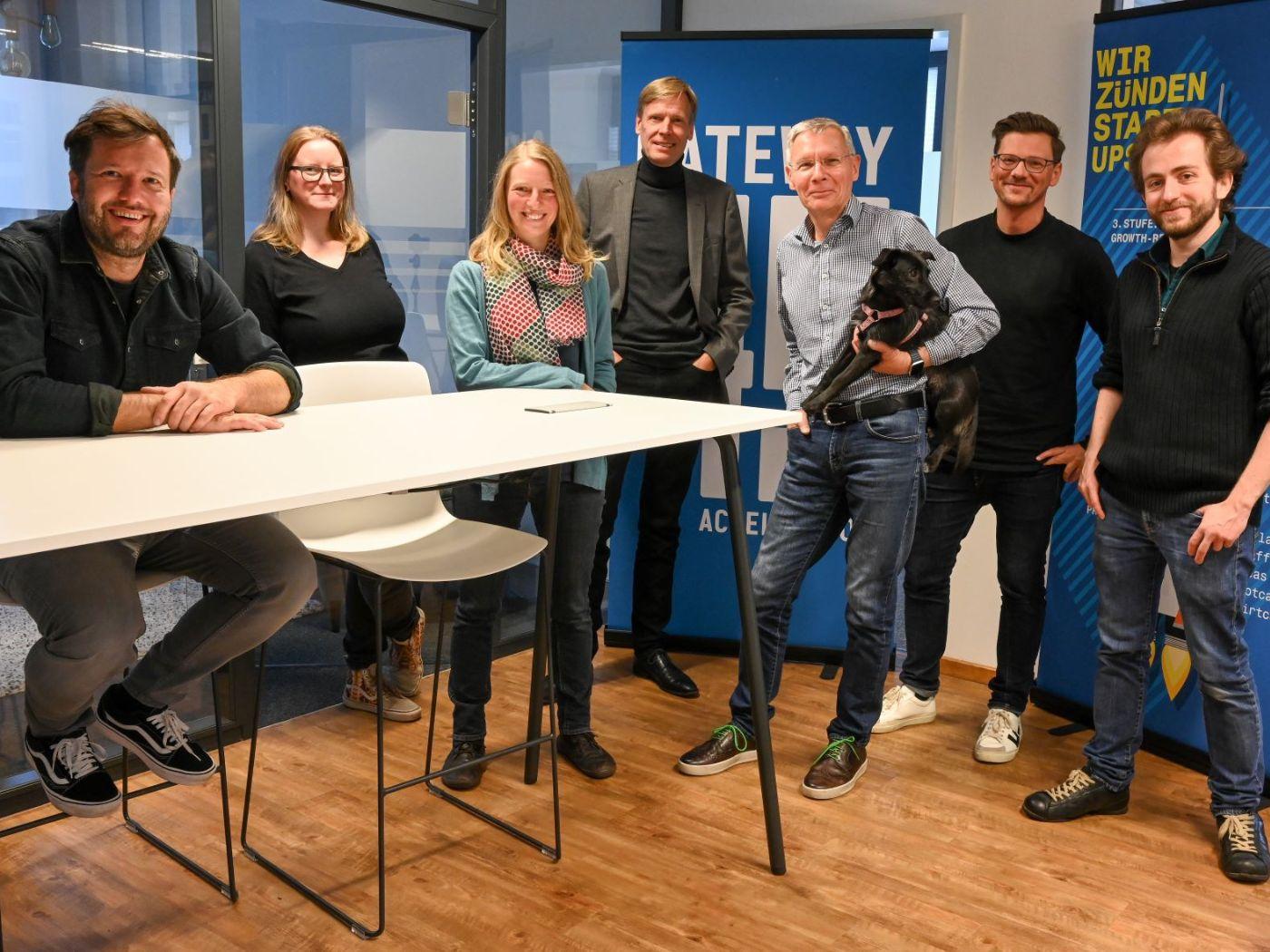
Applying for Batch 5
Many problems can be solved quickly through personal contacts. Schröder-Oeynhausen noted: "A start-up in our last batch spent a long time looking for a test kitchen to prepare 50 kilos of a vegan yoghurt alternative. Eventually, a personal contact at the Holiday Inn Lübeck helped out and shortly afterwards the founders were able to get started in the hotel's kitchen."
The application phase for Batch 5 starts in November. Applicants will be selected based on three criteria namely: "Idea, team and impact. Are the founders able to put themselves in the customer's shoes? Have they analysed the market and do they know where niches are opening up or how exactly they can penetrate established markets? Do they have all the necessary expertise in the team? Ideally, the application should include information about the sales potential and the ideas of the target customers, but that is not a must," Schröder-Oeynhausen stressed. The next scheme starts on March 1, 2023.
ys/pb
Sources and further information
More
Similar articles
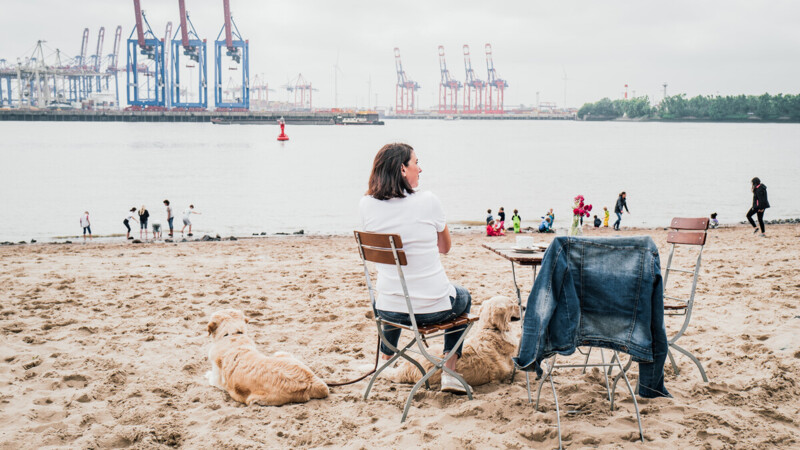
Hamburg's start-up scene becoming more feminine
